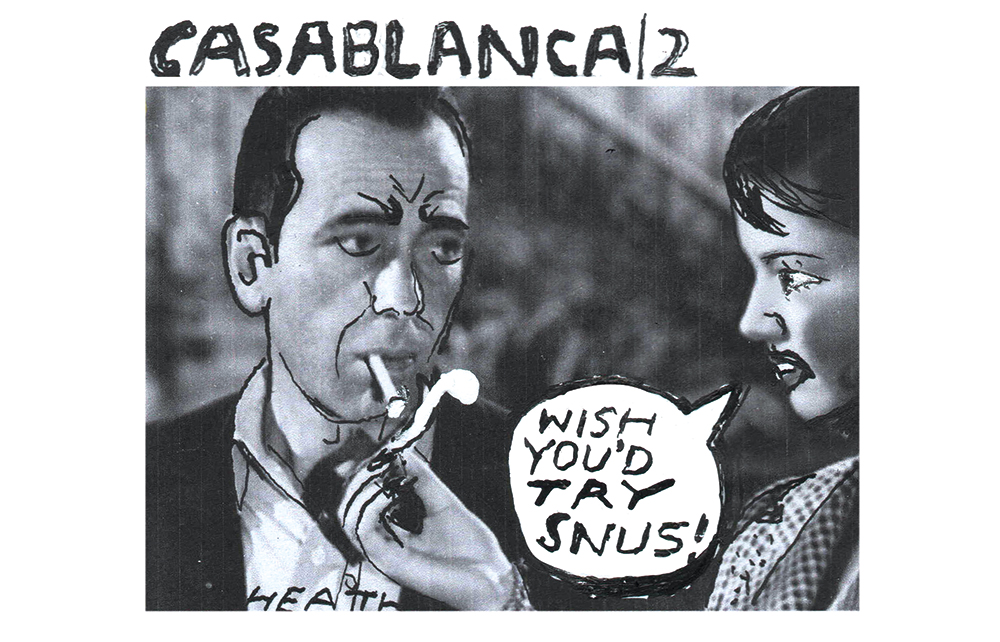As the government considers banning disposable vapes because they are thought to appeal to children, it is worth reflecting on the strange saga of the EU’s ban on snus, a Swedish smokeless tobacco product that delivers nicotine into the body via a small pouch placed under the lip. The story begins when Edwina Currie was health minister in 1988. She announced a ban on oral tobacco in response to a panic about Skoal Bandits, an American brand of snus with a masked cowboy on its logo which was presumed to appeal to children. The product itself was assumed to cause mouth cancer. In 1990, the EEC got involved. It argued that unilateral prohibition by a member state was a threat to the internal market and banned snus across the bloc.
No one really cared, because the number of snus users in the EEC was negligible, but when Sweden prepared to join the EU in 1994, the ban became a problem. Swedes had been using snus for 200 years and saw no reason to stop. With the public tightly divided ahead of the referendum, the EU suddenly forgot about market harmonisation and gave Sweden an exemption from the ban, requiring only that snus be labelled with a cancer warning.
Almost nobody considered the possibility that snus might be useful in helping smokers give up cigarettes, but the natural experiment unwittingly set in motion by the EU showed that it did. By 2002, the proportion of Swedish men who smoked had fallen to 15 per cent, much lower than the rest of the EU. At the same time, the scientific evidence had swung against the theory that snus caused oral cancer, to such an extent that in 2001 the EU took the unprecedented step of removing the cancer warning. The next logical step was to repeal the ban, but that would require EU institutions to admit that they had made a mistake. Instead, the ban on ‘tobacco for oral use’ was enshrined in the Tobacco Products Directive of 2001.
Events took a dramatic turn in 2012 when the EU health commissioner John Dalli resigned after being accused by the European Anti-Fraud Office (Olaf) of knowing about a €60 million bribe from the snus manufacturer Swedish Match to overturn the ban via his aide, the Maltese restaurateur Silvio Zammit. A much-delayed criminal trial against Dalli, who is also from Malta, finally got underway in February last year, with Dalli pleading not guilty to bribery and trading in influence. Zammit died a week later, aged 57, nearly a decade after he had first been charged, but with his own trial still unresolved.
Although Swedish Match had been the ones to report Zammit to Olaf, the scandal ended their hopes of overturning the ban. ‘Dalligate’ made snus a toxic political issue in Brussels. The ban on oral tobacco remained. Negotiations on a new Tobacco Products Directive are now under way, but few would bet on snus being legalised.
Today in Sweden, 12 per cent of adults are daily snus users and only 6 per cent are daily smokers. Sweden has the lowest rate of smoking – and lung cancer – in the EU. There may be a lesson there if we choose to look for it.






Comments